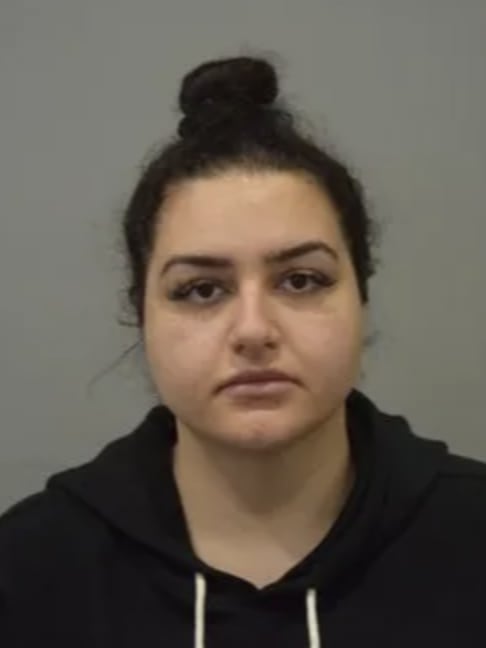
The Skinny
Average Recovery
2 months
Permanence
Permanent
Application
Minor Surgical Procedure
Surgical
Yes
Cost
$2000 - $5000
AEDIT
Before & After Images by Provider












Before & After Images by Provider
Buccal Fat Removal
The Specifics
What is a buccal fat removal procedure?
Buccal fat removal (a.k.a. cheek reduction surgery) is a plastic surgery procedure to reduce the volume of the cheeks. In a Buccal Fat Removal procedure, the buccal fat pads are permanently removed from the cheek hollows. The size and shape of the buccal fat pads varies between individuals, and is responsible for creating the contours below the cheekbones. A buccal fat removal can create the appearance of stronger cheekbones, a more slender profile, and improved facial contours.
What cosmetic concerns does a buccal fat removal procedure treat?
Who is the ideal candidate for a buccal fat removal procedure?
The ideal candidate for a buccal fat removal is a younger patient with undesirably full cheeks, or those who have lost significant weight but have stubborn fat deposits in the cheeks. Buccal fat removal is not recommended for those who are not at a healthy and stable weight, or those with thin, narrow faces.
What is the average recovery associated with a buccal fat removal procedure?
Following a buccal fat removal there are generally a few days of acute downtime. Swelling, bruising, and discomfort will diminish over a week or two, although swelling can persist for up to four months. Patients should avoid strenuous activity for one week, although light activity can be performed as tolerated.
What are the potential side effects of a buccal fat removal procedure?
Possible side effects following a buccal fat removal include changes in sensation, prolonged swelling, nerve injury leading to muscle weakness, salivary duct injury, asymmetry, or need for revision surgery due to suboptimal results.
What can someone expect from the results of a buccal fat removal procedure?
The results of a buccal fat removal procedure will develop over a few months. The final results will be subject to changes from significant weight gain or weight loss.
What is the average cost of a buccal fat removal procedure?
A buccal fat removal procedure can cost anywhere from $2,000 to $5,000. The actual cost of a Buccal Fat Removal is dependent upon location, board certified facial plastic surgeon, and length and involvement of the plastic surgery.
Pros
- Permanent
- Slimmer Face
Cons
- Asymmetry
- Possible Revision Surgery
Invasiveness Score
Invasiveness is graded based on factors such as anesthesia practices, incisions, and recovery notes common to this procedure.
What to Expect
Buccal fat removal, or cheek reduction, removes excess fat from the the cheek pads for a more contoured face. Here is a quick guide for what to expect before, during, and after buccal fat removal.
The Takeaway
Buccal fat removal (a.k.a. cheek reduction surgery) is a plastic surgery procedure to permanently remove the buccal fat pads of the cheeks for reduced volume and improved facial contours.




